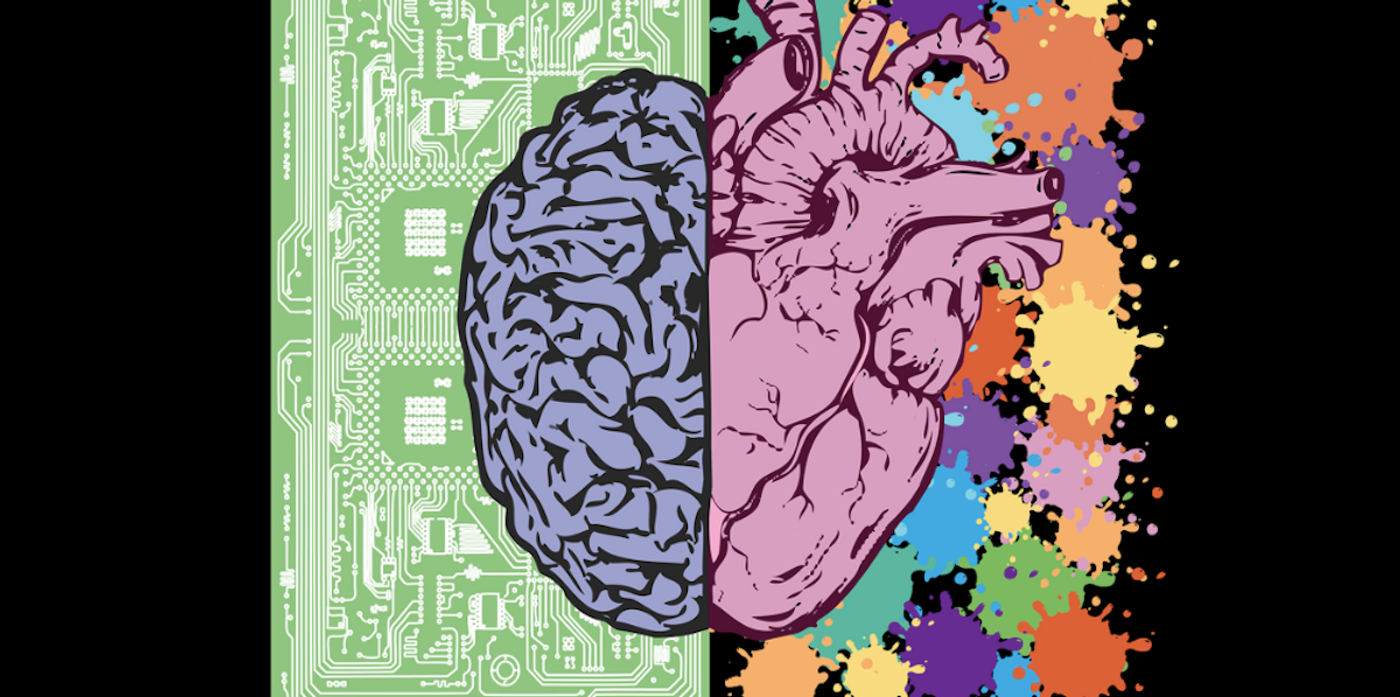Free Tool Uses AI to Predict Protein Structures
To understand cellular processes, scientists have to study proteins, which play critical roles in virtually every aspect of biology. Proteins are made up of amino acids, and while the sequence of a gene can describe the amino acid sequence of the protein it encodes, it takes a lot more information and research to understand the structure and functions of a protein. While some gene sequences have been linked to certain general structural features of proteins, the string of amino acids that makes up a protein gets folded into a three-dimensional shape that's often complex and can't be known from the sequence alone. Deciphering a protein's structure is a painstaking process that has sometimes taken many years but is usually necessary to reveal all of a protein's functions. Computational biologists and engineers have been trying to create tools to make the process easier.
DeepMind's AlphaFold is one of those tools; it can accurately predict the structure of a protein. Now scientists at the Institute for Protein Design at the University of Washington School of Medicine have also engineered another protein structure prediction tool, called RoseTTAFold, which is freely available. The program has been reported in Science, it's available on GitHub, and it's already been used by research groups around the world. RoseTTAFold is able to make a prediction about protein structure in as little as ten minutes on one relatively simple computer.
The software uses deep learning and is what's known as a three-track neural network. That enables RoseTTAFold to consider a few things at once, like the relationships between amino acids in a protein and its potential shape. The chemical aspects of a protein can be considered while information about two- and three-dimensional structures is considered.
The researchers made predictions about the structures of hundreds of proteins with RoseTTAFold. Some of these proteins are related to cancer, dysfunctional lipid metabolism or inflammation.
"We hope this new tool will continue to benefit the entire research community," said Minkyung Baek, Ph.D., a postdoctoral scholar at UW Medicine.
AlphaFold and AlphaFold 2 are computational tools made by the artificial intelligence research lab DeepMind; they were also made to predict protein structures. The source code for these programs has now been released on GitHub as well. The AlphaFold team has made a prediction about the structure of each protein that's known to be found in the human body
Sources: Phys.org via University of Washington School of Medicine, Science









